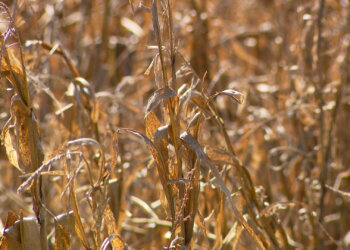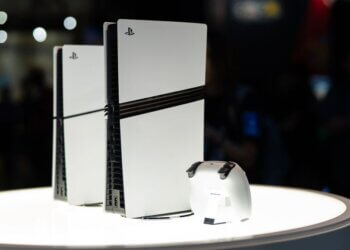Merck & Co. will continue its vaccine shipment halt to China until the end of the year because of low market demand. The company extended its initial plan to stop Gardasil human papillomavirus vaccine sales until mid-2025 because both Chinese and Japanese markets show declining demand.
The stock price dropped by 8% after the announcement because investors became more concerned about Merck’s future growth prospects. Gardasil stands as one of Merck’s leading products together with cancer drug Keytruda which faces patent expiration during the late 2020s.
Merck introduced a cost reduction strategy to achieve $3 billion in annual savings until 2027. The company plans to reduce its revenue and research and development expenses and administrative costs by $1.7 billion. The company will combine its real estate properties while improving its manufacturing operations.
The second quarter financial results from Merck showed disappointing performance with $5.4 billion in earnings and $2.13 per share compared to $5.8 billion in the previous year. The sales of Gardasil decreased by 55% to reach $1.1 billion which fell below the predicted $1.3 billion.
The confidence of investors remains uncertain despite CFO Caroline Litchfield’s statement that Gardasil China generates less than 1% of Merck’s total revenue. The company depends on Winrevair and Ohtuvayre drugs acquired through its $10 billion Verona Pharma purchase to replace Keytruda after its patent expires.









